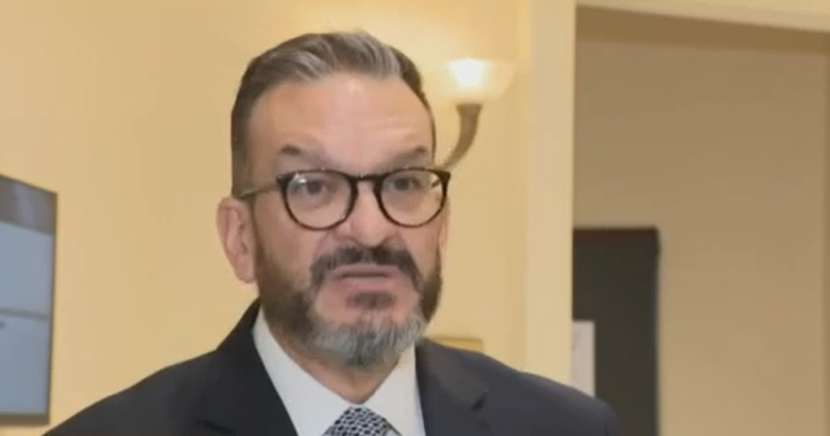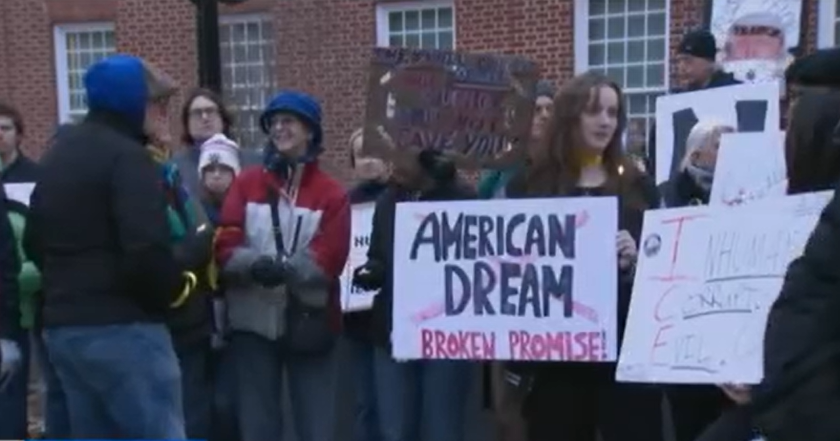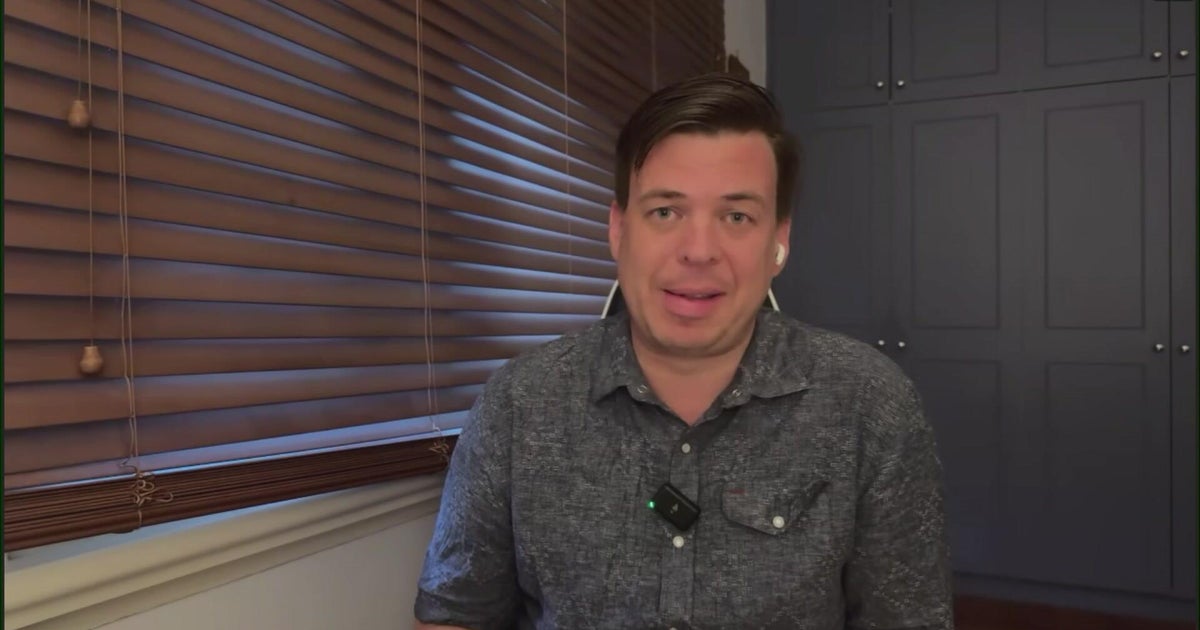'Good & Substantial Reason' No Longer Required For Md. Gun Permit
ANNAPOLIS, Md. (WJZ)—It will soon be easier to carry a concealed weapon in Maryland. A federal judge finds part of a state gun law unconstitutional.
Adam May has reaction from all sides of the gun control debate.
It's a victory for opponents of gun control in Maryland.
A federal judge in Baltimore issues a ruling that affects Maryland's concealed carry permit law.
Until now, gun owners needed to prove they had a good or substantial reason for a permit, but that has been struck down.
"Even without this good and substantial showing we have one of the most restrictive regimes in America, in Maryland, for getting a permit to carry a gun," said attorney Carey Hansel.
Hansel represents a man whose permit renewal was denied.
The ruling does not affect the Maryland's extensive background checks or fingerprinting.
"This ruling would only affect law-abiding citizens, people who follow the permit process, who have been found and investigated to be law-abiding qualified and has nothing to do with any of the real problems the country faces--whether they are mental health problems, which affected the Colorado situation, or whether they are crimes problems, which we see unfortunately rampantly in parts of Maryland," Hansel said.
As he mentioned, the ruling comes in the wake of the movie theater shooting in Colorado, which has renewed the gun control debate.
This ruling makes it easier to get a concealed carry permit.
That concerns Daphne Alton, whose son was killed four years ago in an unsolved gun-related murder.
"We're teaching these people that it's okay to solve your problems by getting a gun and shooting and killing people," Alston said.
The Brady campaign to stop gun violence calls the ruling reckless.
The state's attorney general says the ruling is under review and the state is considering options.
The good and substantial element expires in two weeks unless the attorney general seeks a stay in the case. In fact, they already appealed the ruling.
Eight other states have a similar law also being challenged in courts.







